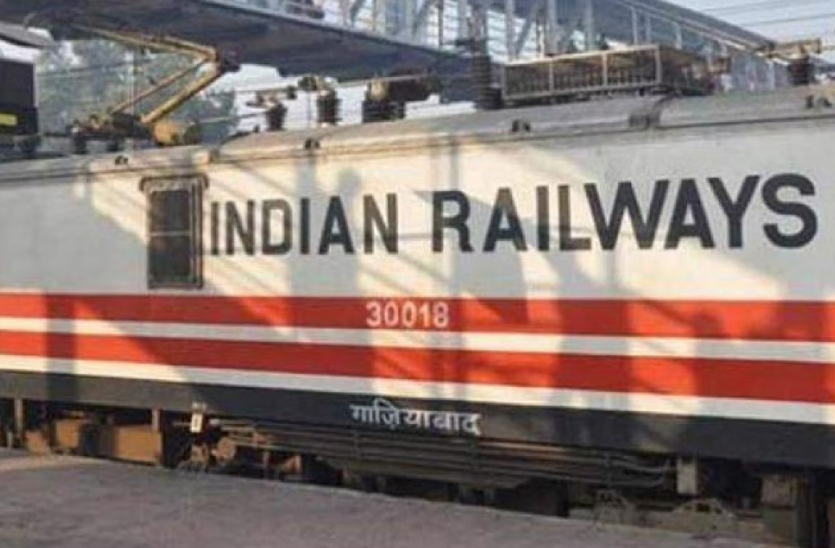New Delhi: Despite investing Rs 2.5 lakh crore on track infrastructure between 2008 and 2019, the Railways has failed to improve on its mobility outcomes, the CAG has said in its latest report. It has also pulled up the national transporter for avoidable expenses. The CAG report was submitted Wednesday in the Parliament. In the report, the Comptroller and Auditor General of India said the Railways’ ‘Mission Raftaar’ scheme too has failed to propel trains on to the fast lane.
“Indian Railways, despite investing Rs 2.5 lakh crore on track infrastructure during 2008-19, has failed to improve on the mobility outcomes. ‘Mission Raftaar’ introduced in 2016-17 targetted an average speed of 50 kmph for mail/express and 75 kmph for freight trains by 2021-22. The average observed speed of mail/express and freight trains until 2019-20 was, however, still around 50.6 kmph and 23.6 kmph, respectively,” the CAG said.
The CAG also said that out of 478 superfast trains, the scheduled speed of 123, or 26 per cent, was less than the specified 55 kmph.
“Six main internal critical factors contributing 66 per cent of total detention of trains were identified as controllable. Indian Railways has no guaranteed delivery time for goods consignment. This was due to non-scheduling of goods trains operation,” the report stated.
The CAG also said that Dedicated Freight Corridor Corporation of India Limited (DFCCIL) could not fully utilise the World Bank fund resulting in payment of avoidable commitment charges of Rs 16 crore.
“No maintenance facility was created by the DFCCIL. Out of total 4,844 route km, only 2,346 route km (48 per cent) of feeder routes were upgraded till November 2020. DFCCIL incurred avoidable expenditure of Rs 285.21 crore during the land acquisition process,” the report stated.
It also said that the progress of the project was affected due to a delay in awarding of contracts. “There was also a delay in appointment of consultants up to 32 months. DFCCIL incurred avoidable extra expenditure of Rs 2,233.81 crore till March 2021 towards price escalation. This was due to delay in completion of project,” the report pointed out.
The national auditor also raised the issue of unnecessary and avoidable expenditure incurred by the Railways. The Railways had incurred avoidable expenditure of Rs 968.73 crore towards procurement of power from Bhartiya Rail Bijlee Company Limited (BRBCL).
“This avoidable expenditure includes Rs 463.30 crore towards fixed capacity charges and Rs 505.43 crore due to injudicious decision to discontinue power purchase agreement with TATA Power-Distribution and procurement of power from BRBCL at higher tariff,” it said.
Further, the Railways suffered losses of Rs 27.43 crore for not realising service tax from contractors.
